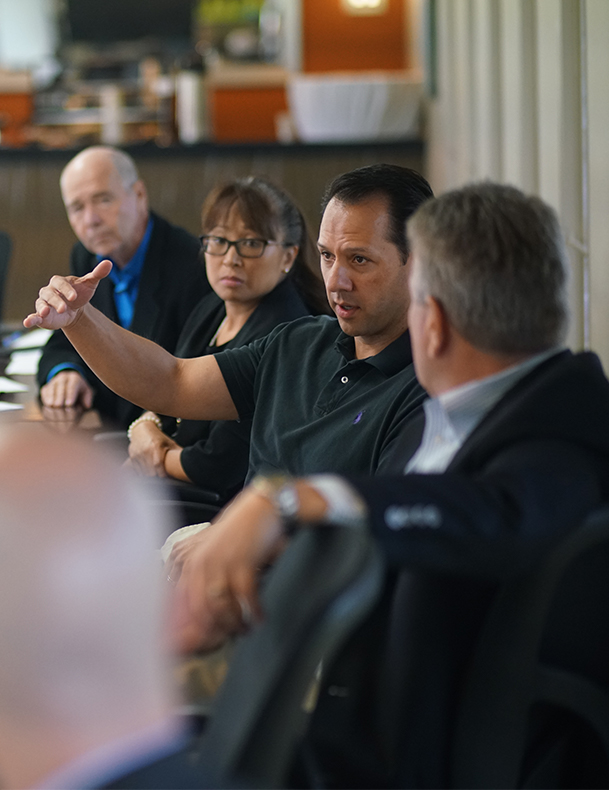
The world’s most trusted CEO coaching & peer advisory organisation
Leadership success is a bumpy journey … Let us smooth the road ahead.
However you achieve success, one thing is certain: you’ll get there faster with help.
Ambitious MDs and CEOs join Vistage because they want to connect with other like-minded executives through a trusted leadership experience that delivers professional, and personal, results.
This is where leaders get fresh perspectives, clarity, and support to make the big decisions.
This is where you can share expertise and challenge one another to think critically to arrive at better decisions.
This is where, through ongoing collaboration, we build lifelong leadership excellence that elevates companies, strengthens performance, and fosters sustainable growth.
Vistage is designed for top executives who shoulder the weight of their company’s most important decisions. See the advantage a Vistage peer group can give you.
Latest Insights
Member Story
Natalie Cramp
CEO, Profusion
As a business it’s Profusion’s job to solve other leaders’ problems, and just being part of a network of leaders sharing their challenges helps me shape our business strategy.
“As a business it’s Profusion’s job to solve other leaders’ problems, and just being part of a network of leaders sharing their challenges helps me shape our business strategy.”
Natalie Cramp
CEO, Profusion
Explore member successesVistage members outpace the competition
Vistage member companies grew 2.2 times faster than average small and medium sized businesses, according to a 2017 study of Dun & Bradstreet data.
Take the next step.
Become part of a powerful community of high-calibre executives who share their perspectives to help you become a better leader, make better decisions and achieve better results.
Learn More


